Regional powers renew ties: Erdoğan's visit to Cairo
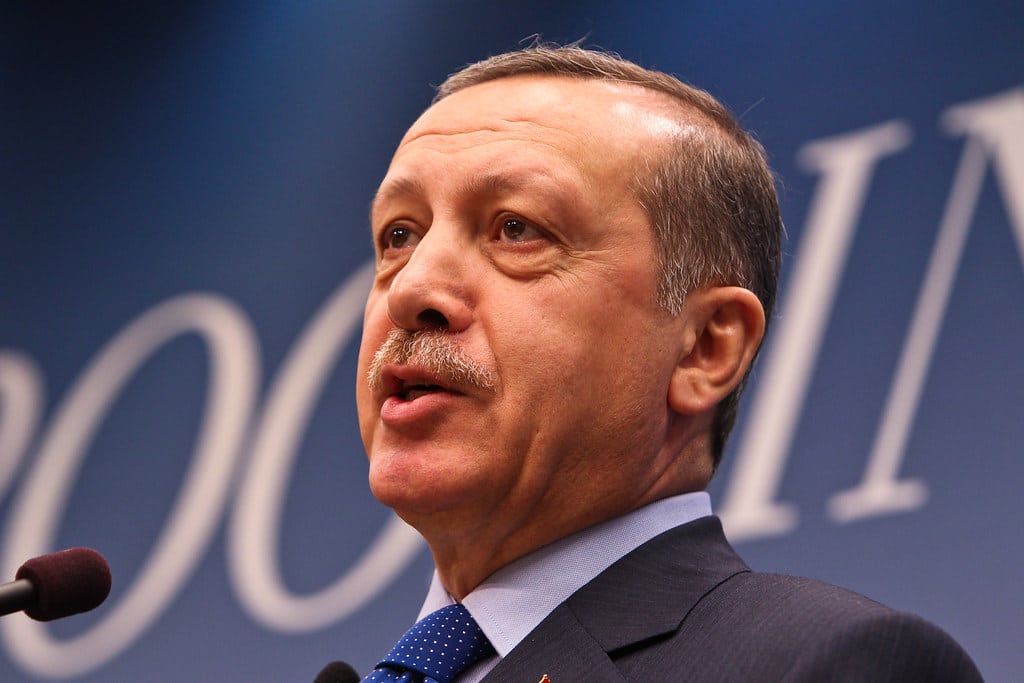
Photo: President Recep Tayyip Erdoğan - Flickr Turkish President Recep Tayyip Erdoğan visited Egyptian President Abdel Fattah El Sisi in Cairo on 14 February. The visit marks a new era of cooperation between the two countries, which had been tense for years following the ousting of Egyptian President Mohammed Morsi, an ally [...]
Turkey's 'secular decline'
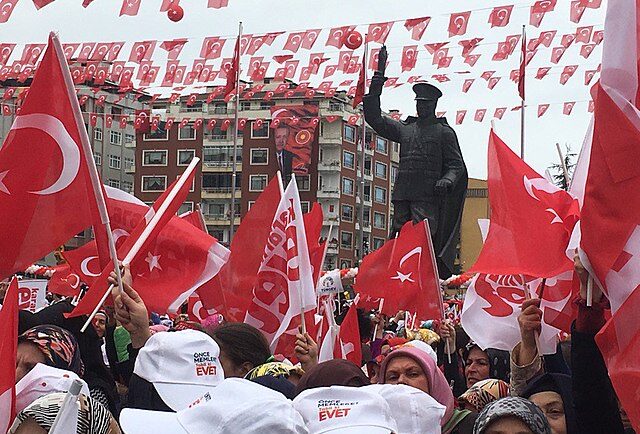
Photo: Statue of Atatürk looks down on a meeting of Erdogan - Wikimedia Commons Last week marked Turkey's 100th birthday. On 29 October 1923, national hero Mustafa Kemal Atatürk founded the Republic of Turkey, a secular state built on the ruins of the Ottoman Empire. However, the celebrations have been scaled down, leaving many [...]
Retrospective FMS Political Café: the aftermath of the earthquake in Turkey and Syria
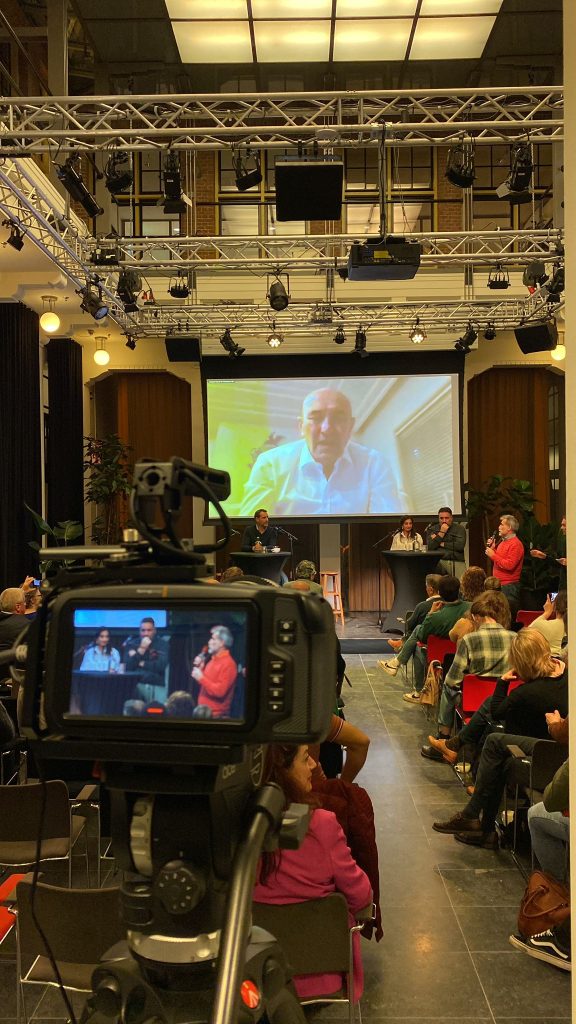
More than a month and a half after the devastating earthquake in Turkey and Syria, the focus on helping the 23 million people affected seems to be waning. Therefore, FMS together with PvdA International organised a Political Café on the aftermath of the earthquake. The politicians, aid workers and journalists present stressed that the reconstruction of the disaster area is still a [...]
21 March FMS Political Café: Turkey and Syria after the earthquake
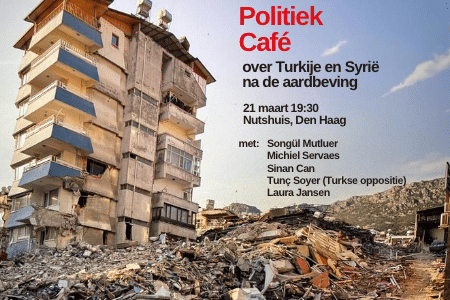
It is now just over a month since a devastating earthquake hit parts of Turkey and Syria. Immediately after the news of the disaster, major initiatives were launched. For instance, people collected clothes en masse and in came a nationwide Giro555 action that raised a lot of money. Still today, many organisations such as [...]
"They rightly feel abandoned": One week after earthquake, northwest Syria still awaits international aid
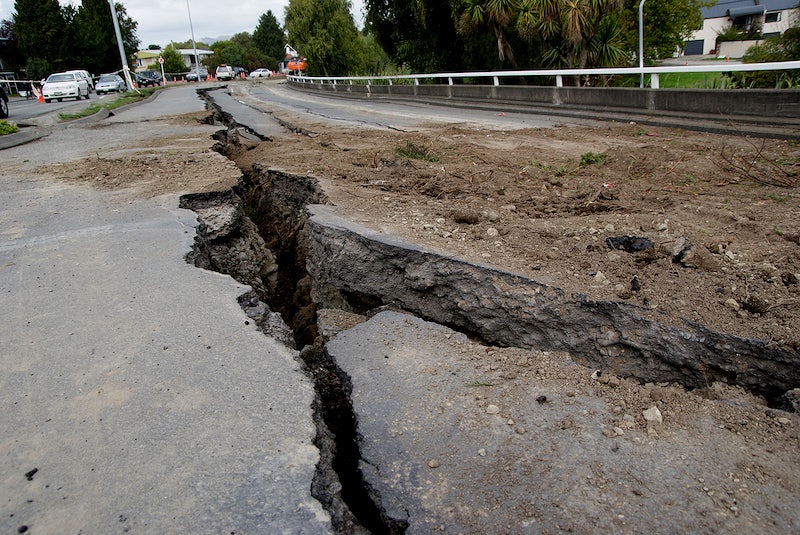
After the devastating earthquake, rebel-controlled areas in northwestern Syria are still struggling to receive aid from the international community. While southeastern Turkey is rightly receiving aid from around the world, NPR journalists have reported that on its border with Syria it is "empty and silent". Meanwhile, the tyrannical [...]
Turkey sentences human rights activist Kavala to life in prison
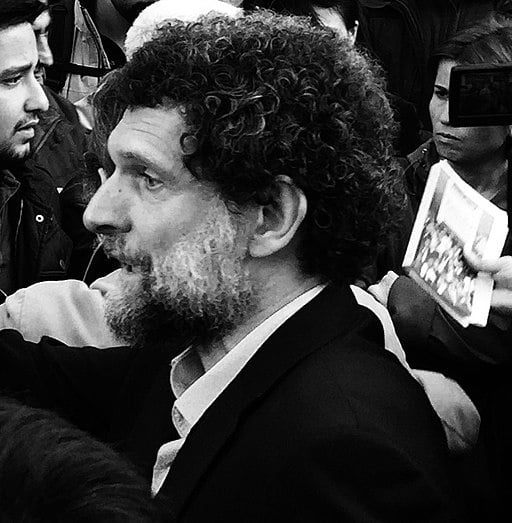
On 25 April, in Turkey, human rights activist and philanthropist Osman Kavala has been sentenced to life in prison for his role in anti-government protests. The case raises enormous concerns about the independence of Turkish courts and is expected to damage Turkey's relations with Western countries and rights organizations - as the European Court of Human Rights (ECHR) commenced an infringement procedure against Turkey. Since 2019, Ankara has refused to abide by various ECHR rulings.
Erdoğan presents controversial electoral law as Turkey diplomatically mediates in Ukraine
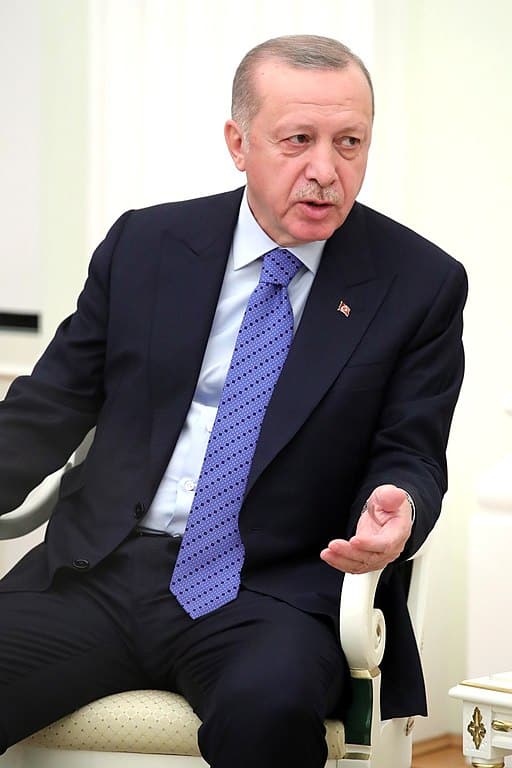
While Turkish diplomacy is in full swing and the country is raising its profile on the geopolitical front, interesting developments are taking place in domestic politics. In the run-up to next year's elections, the Erdoğan government has tabled a controversial electoral law that is likely to be passed. The law favours Erdoğan's AK Party and seems intended to divide the united opposition.
The situation of refugees in Turkey
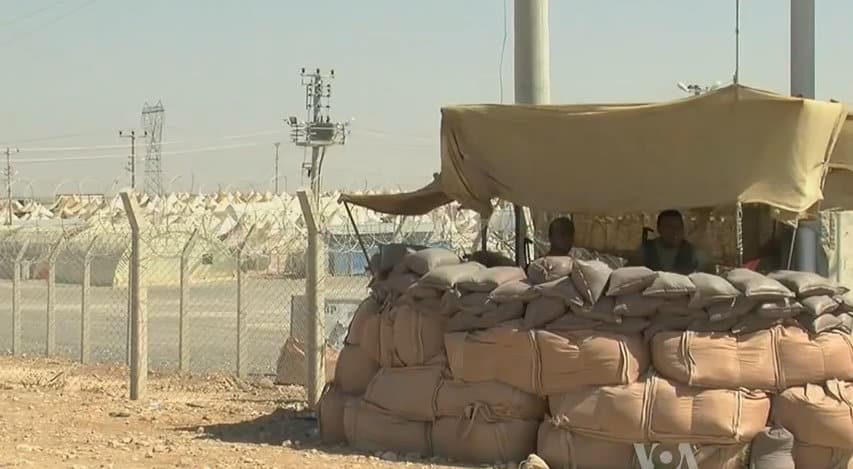
After the introduction of the Turkey-EU deal (2016), it seemed that the Syrian refugee crisis was largely over. The news was no longer dominated by images of overcrowded rubber boats filled with people trying to get to the Greek islands from Turkey. Yet the cause of the refugee crisis has not been resolved. The war in Syria continues unabated. In addition, the immediate motivation for those seeking to cross European borders were the poor living conditions in Turkey. In 2018, Turkey has around 4 million refugees. The majority are from Syria, along with people from Afghanistan, Iraq, Iran, Pakistan, and a number of other nationalities, including several African countries. The uncertainty and hopelessness in Turkey was the reason for many to undertake the dangerous and costly journey to 'Fortress Europe'. Has anything changed since then about the situation of refugees in Turkey, two years after the Turkey-EU deal?
Migration: viewpoint FMS
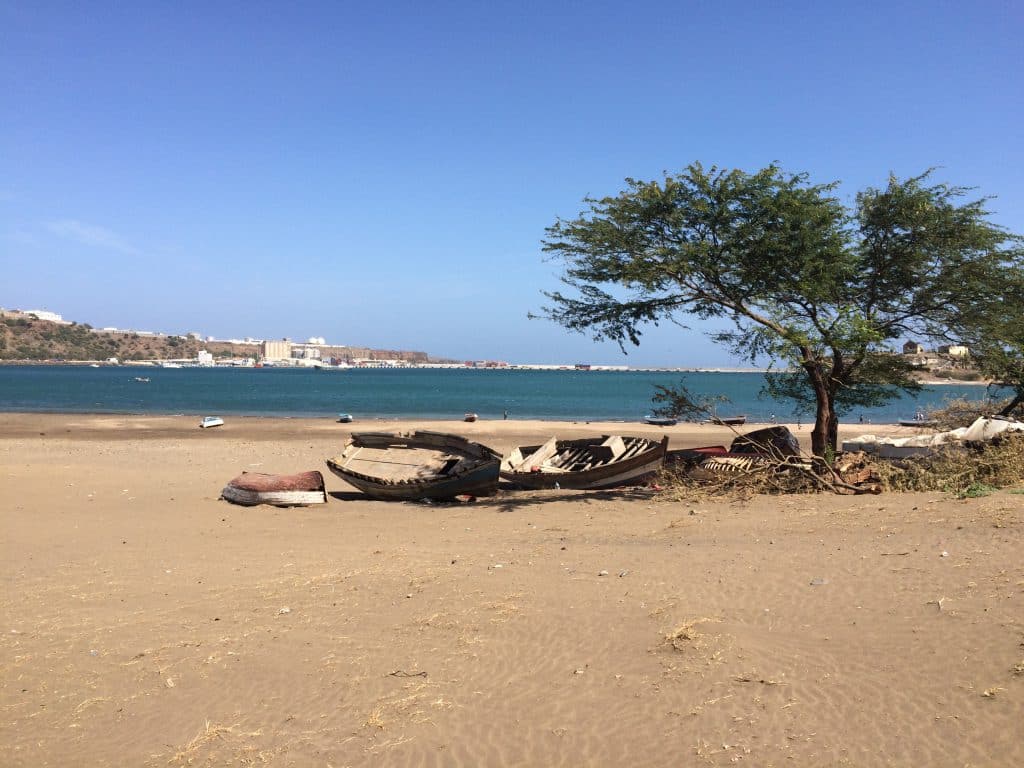
Migration is of all times and cannot be stopped. At best, it can be managed. The EU sees unregulated migration flows as one of the biggest challenges in its existence. We have set out a number of principles that a fair migration policy must meet.
#TAMAM - Turkey's Social Media Stays Strong
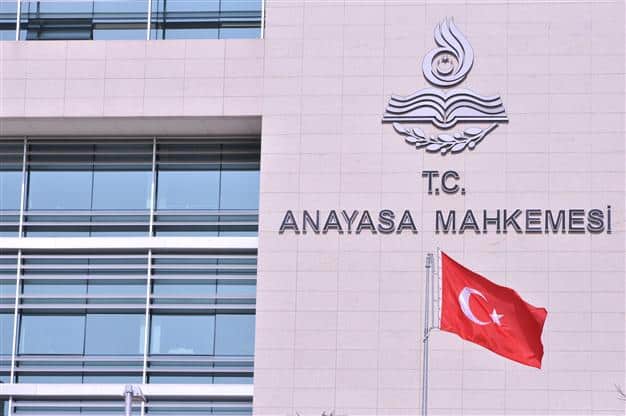
Turkey's President Erdoğan was re-elected as head of government for the next five years, and his next term is bound to continue the streak of limiting the freedom of press and prosecuting opponents. Throughout the election campaigns, opposition parties were seriously limited by the ongoing state of emergency, and had to resort to creative methods to attract voters. In fact, oppositional parties expressed such energy that, until the results of the elections rolled in on Monday, June 25th, observers speculated that there was a real chance of challenging Erdoğan's majority rule. Although Turkey remains a polarised country, social media has become the go-to approach for change-makers.

